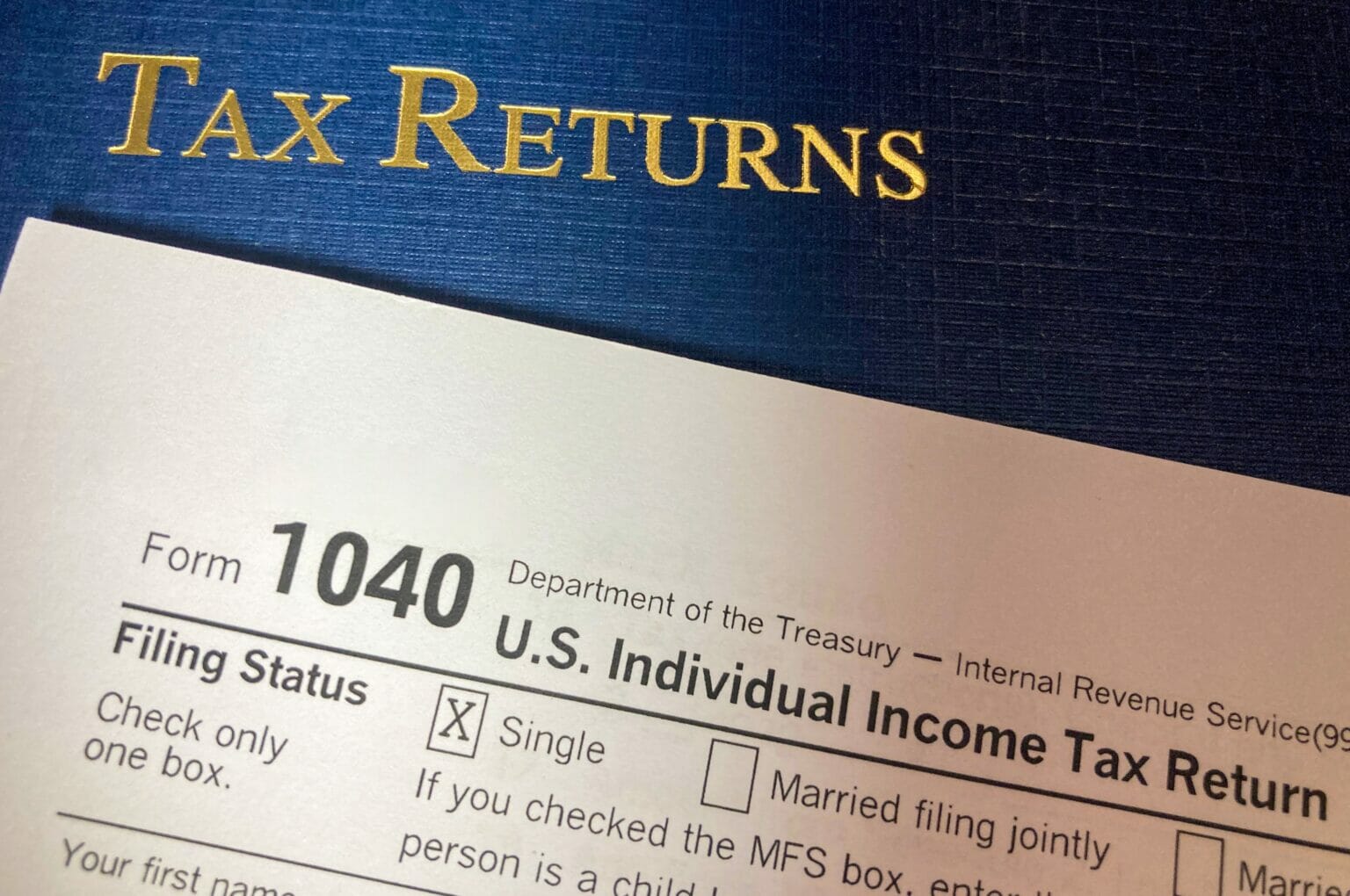In an exclusive interview with CNBC, IRS Commissioner Danny Werfel revealed that the nation’s millionaires and billionaires are evading more than $150 billion annually in taxes, contributing to growing government deficits and creating a perceived “lack of fairness” in the tax system.
The Internal Revenue Service, armed with billions of dollars in new funding from Congress, has embarked on a comprehensive crackdown on wealthy individuals, partnerships, and large companies.

Werfel outlined several reasons behind the underestimation of retirement savings needs by affluent individuals:
Real Estate Overvaluation:
Wealth Illusion in Defined Contribution Plans:
Overly Optimistic Market Returns:
Dual-Earner Household Dynamics:
Social Security Benefits Misinterpretation:
Werfel emphasised that a lack of funding for the IRS over the years deprived the agency of the staff, technology, and resources required for audits, especially for complex returns. As a result, audits of taxpayers making over $1 million a year fell by more than 80% over the last decade.
To address this, the IRS has launched programmes targeting taxpayers with the most complex returns to root out tax evasion and ensure every taxpayer contributes their fair share. Despite criticism from some Republicans in Congress, the IRS aims to enforce greater tax compliance among the wealthy.
The IRS is already showcasing success in a programme targeting unpaid taxes from millionaires, having collected over $480 million from identified taxpayers who failed to pay at least $250,000 each in assessed taxes. Additionally, the agency is launching audits on owners of private jets and scrutinising limited partnerships to combat potential evasion.
Werfel highlighted the importance of AI in identifying high-risk returns, making audits more precise, and benefiting taxpayers by following the rules and the overall fairness of the system. The Treasury Department estimates that enhanced IRS enforcement could result in an additional $561 billion in tax revenue between 2024 and 2034.
